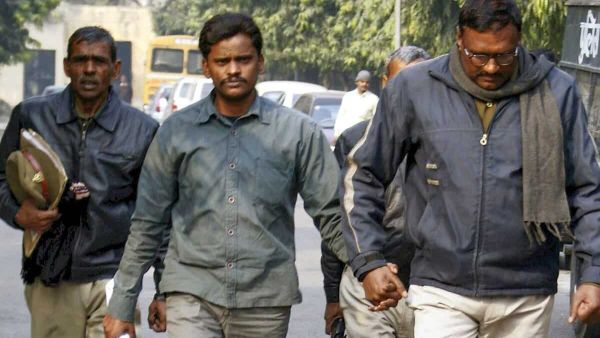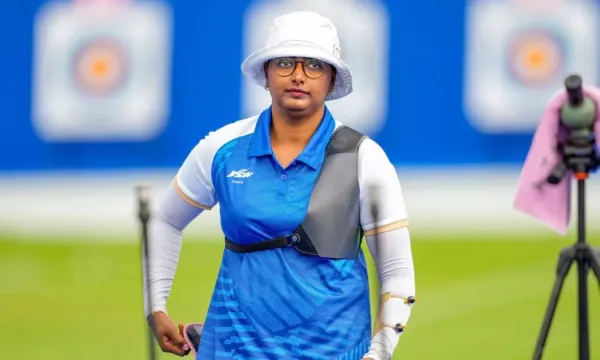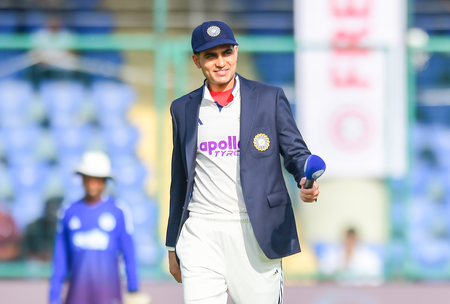
New Delhi: The Supreme Court on Tuesday said it was a matter of “deep regret” that the identity of the actual perpetrator of the heinous Nithari killings was not established despite prolonged investigation.
A bench comprising Chief Justice B R Gavai and Justices Surya Kant and Vikram Nath said the offences were heinous and the suffering of the families was beyond measure.
“It is a matter of deep regret that despite prolonged investigation, the identity of the actual perpetrator has not been established in a manner that meets the legal standards,” the bench said, while acquitting Surendra Koli in the last Nithari murder case.

The sensational Nithari killings came to light with the discovery of the skeletal remains of eight children from a drain behind businessman Moninder Singh Pandher’s house at Noida’s Nithari on December 29, 2006. Koli was the domestic help at Pandher’s house at the time.
In its verdict, the court said criminal law does not permit conviction on conjectures or on a hunch.
Referring to the case, the bench said the scene was not secured before excavation began, the alleged disclosure was not contemporaneously recorded, the remand papers carried contradictory versions and Koli was kept in prolonged police custody, without a timely, court-directed medical examination.
The bench allowed Koli’s curative petition challenging his conviction in the case related to the alleged rape and killing of a 15-year-old girl in Nithari.
“We are mindful of finality. We are equally mindful that curative relief is exceptional and proceeds on narrow grounds. The present case crosses that exacting threshold,” it said.
The bench said the confession that anchored the conviction was legally tainted on grounds already accepted by the top court in the companion matters of the Nithari killings.
It said the supposed discoveries do not satisfy the statutory preconditions for admissibility and the forensic and investigative record does not supply the missing links.
“Once those keystones are removed, the circumstantial chain no longer holds. The conviction cannot be sustained without departing from principles that now stand authoritatively applied to indistinguishable prosecutions arising out of the same occurrence,” it said.
The bench emphasised that Article 21 of the Constitution insists on a fair, just and reasonable procedure.
“That insistence is at its acutest where capital punishment is imposed. Although the petitioner’s death sentence in this case was commuted to imprisonment for life on January 28, 2015, the conviction continues to carry the gravest consequences,” it said.
It said to allow a conviction to stand on evidentiary basis that the top court has since rejected as involuntary or inadmissible in the very same fact-matrix offends Article 21.
“It also violates Article 14 of the Constitution since like cases must be treated alike. Arbitrary disparity in outcomes on an identical record is inimical to equality before the law,” the bench said.
It said the curative jurisdiction exists to prevent precisely such anomalies from hardening into a precedent.
The bench said the DNA work undertaken in the case linked certain remains to families of missing persons but that aided only in the identification.
“Knives and an axe were exhibited without proof of blood, tissue or hair consistent with use in the alleged crimes. There was no credible chain of custody or expert testimony establishing that a domestic help with no medical training could perform the precise dismemberment described,” it said.
The bench said these gaps were central to the acquittals in the other 12 cases and they were equally present in this case as well.
It said the evidence also showed that police and the public already knew that bones and articles lay in the open strip and that the excavation had begun before Koli arrived there.
“These features negate the essential element of discovery by the accused and reduce the exercise to a seizure from an already known place,” it said.
The bench said the legal conclusion cannot change from case to case when the premise is identical.
It noted that Koli’s statement under section 164 of the Code of Criminal Procedure (CrPC) was recorded after about 60 days of uninterrupted police custody, without meaningful legal aid.
“The recording magistrate did not record the clear, unqualified satisfaction that the statute demands. The investigating officer’s proximity to the recording process, including his presence at the outset and his ready access thereafter, compromised the environment of voluntariness,” it said.
The bench said the text of the statement itself repeatedly adverted to tutoring and prior coercion.
“We find no principled basis on which the same statement can be treated as voluntary and reliable in this case when it has been judicially discredited in all others,” it said.
In October 2023, the Allahabad High Court acquitted Koli and Pandher in several other Nithari cases, overturning the death sentences awarded by the trial court in 2017.
The court acquitted Koli in 12 cases and Pandher in two.
The Central Bureau of Investigation (CBI) and the victims’ families challenged the acquittals before the Supreme Court, but the top court dismissed all 14 appeals on July 30 this year.
-
SoftBank’s Nvidia sale rattles market, raises questions

-
HP vs ASUS vs Infinix Compared

-
First made-in-India 28-90 nm chip expected to hit market soon Gujarati

-
Asian Archery C’ships 2025: Deepika Kumari reaches women’s recurve semi-finals

-
Special gold toss coin to be used for IND-SA Test in Kolkata: Report
